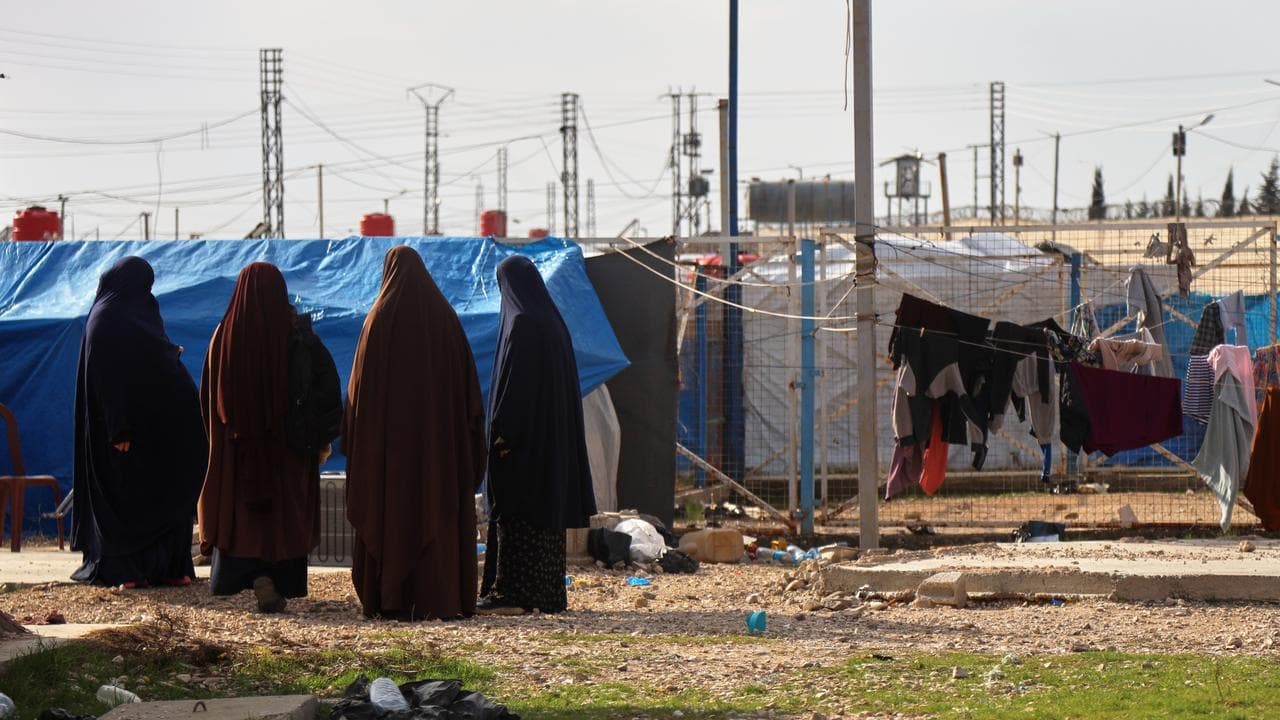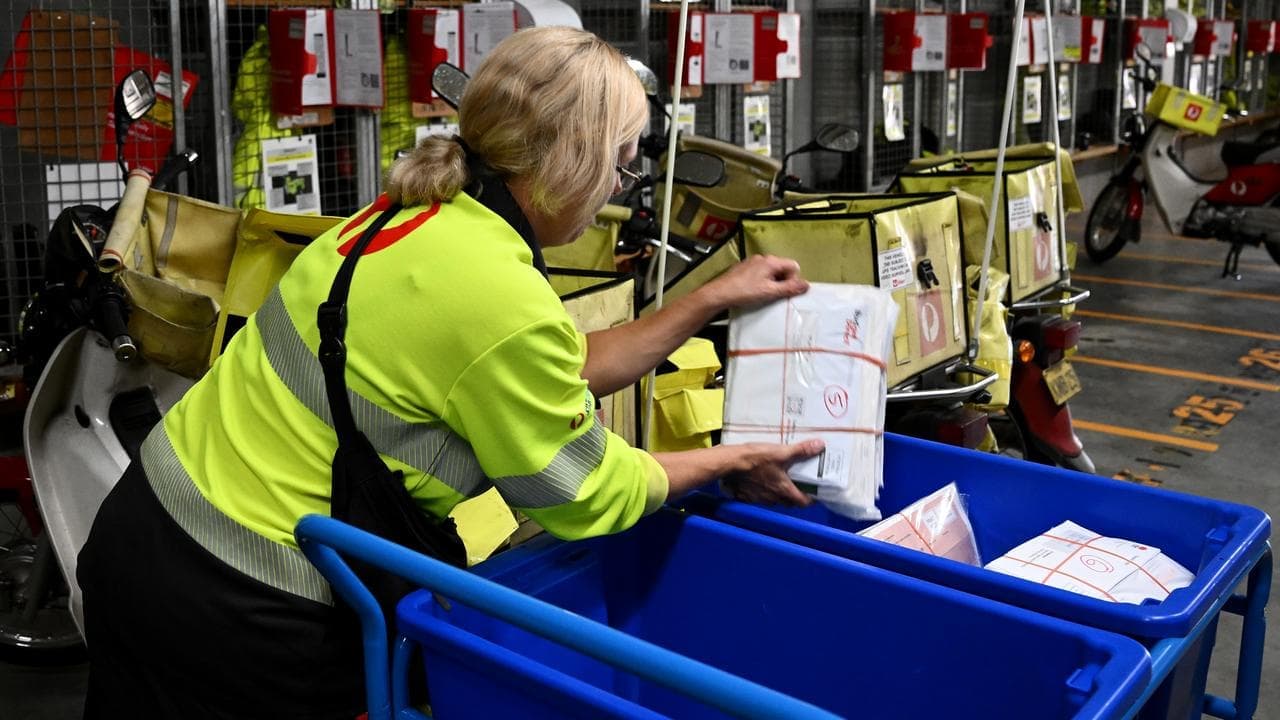WHAT WAS CLAIMED
The carnivore diet stops people getting sunburnt.
OUR VERDICT
False. There’s no evidence a carnivore diet prevents sunburn.
AAP FACTCHECK - Advocates of the carnivore diet claim one of its major benefits is that it prevents sunburn.
This is false. Dermatology experts say there's no evidence that a carnivore diet can prevent sunburn.
The claim is made in an Instagram post by carnivore diet advocate Dr Anthony Chaffee.
AAP FactCheck has previously debunked Dr Chaffee's claim that for most of our history humans have exclusively eaten meat.
The graphic in the Instagram post says "Carnivore Diet Benefit #999 No sunburn".
The post's caption states "Why Carnivores Don't Get Sunburn", before listing several supposed reasons.
It concludes: "All of this means you can spend more time in the sun without getting sunburn and you can easily develop a beautiful tan and solar callus".

The carnivore diet typically only allows consumption of meat, eggs, seafood, some dairy and water.
Claims the carnivore diet prevents sunburn also appear on TikTok and in blogs.
Sunburn is the immune system reacting to UV light damage of skin cells from the sun. This can lead to skin cancer when skin cells are badly damaged.
Professor Dedee Murrell, a dermatology expert of UNSW Sydney's School of Clinical Medicine, told AAP FactCheck she knows of no evidence that a carnivore diet prevents sunburn.
Prof Murrell said the factors that influence sunburn include your type of melanin or skin pigmentation, the dose of UV light you receive, how long you spend in the sun, where you live, and your level of protection such as clothing and sunscreen.
Pablo Fernandez Penas, a professor of dermatology at the University of Sydney, agreed.
He said there is nothing about a carnivore diet that would prevent sunburn and that only sunscreen can "reduce" burning by absorbing UV light energy and releasing it in other forms.
Dr Patricia Farris, a fellow of the American Academy of Dermatology, said some foods may boost the body's ability to protect against the sun.
However, she told AAP FactCheck that there's no evidence in scientific literature to support the claim a carnivore diet can prevent sunburn.
"A diet that is rich in fruits and vegetables will supply the skin with antioxidants that help protect the skin from UV rays, but this is not a substitute for sunscreen and other sun protecting measures," Dr Farris said.

Dr Rajani Katta, a skin expert who served as a Professor of Dermatology at Baylor College of Medicine for 17 years, agreed.
She told AAP FactCheck that there's no evidence the carnivore diet can prevent sunburn, and also that there's no evidence to suggest it can help reduce sunburn "based on the reasons he's listed".
She said there have been some studies on other foods which may be able to help reduce the intensity of skin damage following UV radiation exposure, including compounds found in tomato and green tea.
"But these are not compounds that have been found in the carnivore diet," Dr Katta said.
The Verdict
False – The claim is inaccurate.
AAP FactCheck is an accredited member of the International Fact-Checking Network. To keep up with our latest fact checks, follow us on Facebook, Twitter and Instagram.












